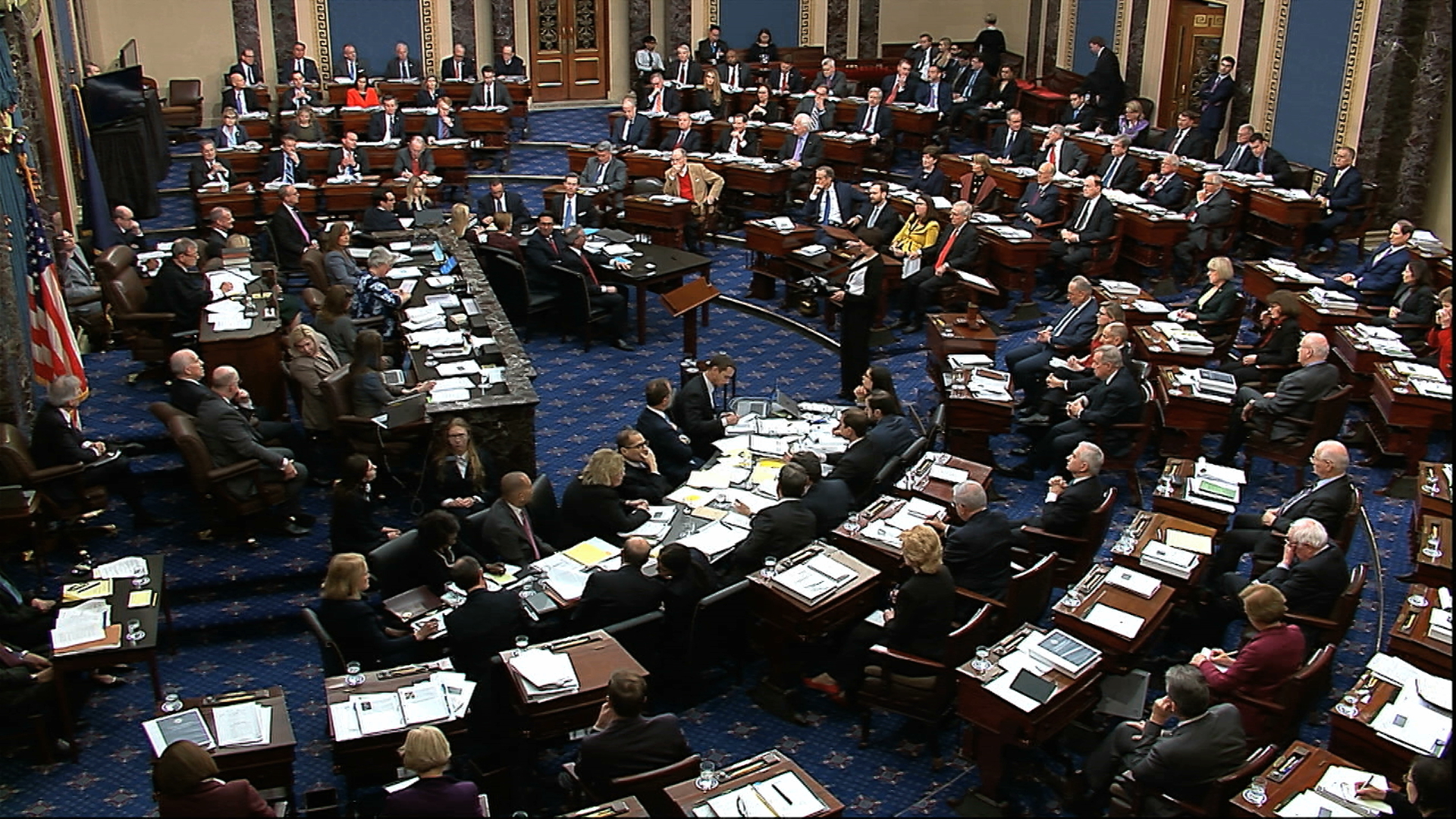U.S. President Barack Obama gave a speech last week on the Middle East. Presidents make many speeches. Some are meant to be taken casually, others are made to address an immediate crisis, and still others are intended to be a statement of broad American policy. As in any country, U.S. presidents follow rituals indicating which category their speeches fall into. Obama clearly intended his recent Middle East speech to fall into the last category, as reflecting a shift in strategy if not the declaration of a new doctrine.
While events in the region drove Obama's speech, politics also played a strong part, as with any presidential speech. Devising and implementing policy are the president's job. To do so, presidents must be able to lead - and leading requires having public support. After the 2010 election, I said that presidents who lose control of one house of Congress in midterm elections turn to foreign policy because it is a place in which they retain the power to act. The U.S. presidential campaign season has begun, and the United States is engaged in wars that are not going well. Within this framework, Obama thus sought to make both a strategic and a political speech.
Obama's War Dilemma
The United States is engaged in a broad struggle against jihadists. Specifically, it is engaged in a war in Afghanistan and is in the terminal phase of the Iraq war.
The Afghan war is stalemated. Following the death of Osama bin Laden, Obama said that the Taliban's forward momentum has been stopped. He did not, however, say that the Taliban is being defeated. Given the state of affairs between the United States and Pakistan following bin Laden's death, whether the United States can defeat the Taliban remains unclear. It might be able to, but the president must remain open to the possibility that the war will become an extended stalemate.
Meanwhile, U.S. troops are being withdrawn from Iraq, but that does not mean the conflict is over. Instead, the withdrawal has opened the door to Iranian power in Iraq. The Iraqis lack a capable military and security force. Their government is divided and feeble. Meanwhile, the Iranians have had years to infiltrate Iraq. Iranian domination of Iraq would open the door to Iranian power projection throughout the region. Therefore, the United States has proposed keeping U.S. forces in Iraq but has yet to receive Iraq's approval. If that approval is given (which looks unlikely), Iraqi factions with clout in parliament have threatened to renew the anti-U.S. insurgency.
The United States must therefore consider its actions should the situation in Afghanistan remain indecisive or deteriorate and should Iraq evolve into an Iranian strategic victory. The simple answer - extending the mission in Iraq and increasing forces in Afghanistan - is not viable. The United States could not pacify Iraq with 170,000 troops facing determined opposition, while the 300,000 troops that Chief of Staff of the Army Eric Shinseki argued for in 2003 are not available. Meanwhile, it is difficult to imagine how many troops would be needed to guarantee a military victory in Afghanistan. Such surges are not politically viable, either. After nearly 10 years of indecisive war, the American public has little appetite for increasing troop commitments to either war and has no appetite for conscription.
Obama thus has limited military options on the ground in a situation where conditions in both war zones could deteriorate badly. And his political option - blaming former U.S. President George W. Bush - in due course would wear thin, as Nixon found in blaming Johnson.
The Coalition of the Willing Meets the Arab Spring
For his part, Bush followed a strategy of a coalition of the willing. He understood that the United States could not conduct a war in the region without regional allies, and he therefore recruited a coalition of countries that calculated that radical Islamism represented a profound threat to regime survival. This included Egypt, Saudi Arabia and the rest of the Gulf Cooperation Council, Jordan, and Pakistan. These countries shared a desire to see al Qaeda defeated and a willingness to pool resources and intelligence with the United States to enable Washington to carry the main burden of the war.
This coalition appears to be fraying. Apart from the tensions between the United States and Pakistan, the unrest in the Middle East of the last few months apparently has undermined the legitimacy and survivability of many Arab regimes, including key partners in the so-called coalition of the willing. If these pro-American regimes collapse and are replaced by anti-American regimes, the American position in the region might also collapse.
Obama appears to have reached three conclusions about the Arab Spring:
1. It represented a genuine and liberal democratic rising that might replace regimes.
2. American opposition to these risings might result in the emergence of anti-American regimes in these countries.
3. The United States must embrace the general idea of the Arab risings but be selective in specific cases; thus, it should support the rising in Egypt, but not necessarily in Bahrain.
Though these distinctions may be difficult to justify in intellectual terms, geopolitics is not an abstract exercise. In the real world, supporting regime change in Libya costs the United States relatively little. Supporting an uprising in Egypt could have carried some cost, but not if the military was the midwife to change and is able to maintain control. (Egypt was more an exercise of regime preservation than true regime change.) Supporting regime change in Bahrain, however, would have proved quite costly. Doing so could have seen the United States lose a major naval base in the Persian Gulf and incited spillover Shiite protests in Saudi Arabia's oil-rich Eastern Province.
Moral consistency and geopolitics rarely work neatly together. Moral absolutism is not an option in the Middle East, something Obama recognized. Instead, Obama sought a new basis for tying together the fraying coalition of the willing.












